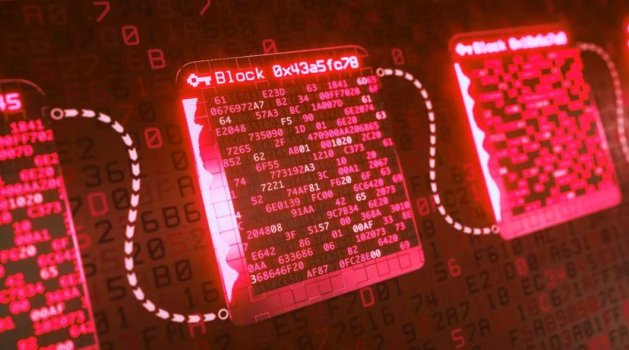Blockchains are less likely to be hacked than other systems since they are not centralized. For example, in order to launch a 51% attack, hackers or criminals need to control more than half of the computers that are part of the distributed ledger in order to change the chain (this is very unlikely, but not impossible).
However, there are still instances of blockchain networks being network, for example, Axie Infinity's Ethereum-based sidechain Ronin was hacked for $650m worth of ETH earlier this year.
This was due allegedly to an exploit regarding Sky Mavis being given access to sign off on transactions, a permission that was never provoked, which may have led to hackers discovering a way to take advantage of this access.
Another issue regarding blockchain technology is a lower level of security for private blockchain networks. Blockchain networks like Bitcoin and Ethereum are available to anyone with a computer and an internet connection. This means that anyone can access them (for example as a node on the network).
When the number of users on a blockchain network goes up, it doesn't cause a disaster. Instead, it makes the network safer. If there are more nodes involved, this means that there are more people looking at each other's work and finding people who are trying to do harm.
Because of this, private blockchain networks, which require an invitation to join, may be more open to attacks and manipulation than public blockchain networks, which don't need invitations.
Continue reading: https://hackernoon.com/how-secure-are-blockchain-networks-today
However, there are still instances of blockchain networks being network, for example, Axie Infinity's Ethereum-based sidechain Ronin was hacked for $650m worth of ETH earlier this year.
This was due allegedly to an exploit regarding Sky Mavis being given access to sign off on transactions, a permission that was never provoked, which may have led to hackers discovering a way to take advantage of this access.
Another issue regarding blockchain technology is a lower level of security for private blockchain networks. Blockchain networks like Bitcoin and Ethereum are available to anyone with a computer and an internet connection. This means that anyone can access them (for example as a node on the network).
When the number of users on a blockchain network goes up, it doesn't cause a disaster. Instead, it makes the network safer. If there are more nodes involved, this means that there are more people looking at each other's work and finding people who are trying to do harm.
Because of this, private blockchain networks, which require an invitation to join, may be more open to attacks and manipulation than public blockchain networks, which don't need invitations.
Continue reading: https://hackernoon.com/how-secure-are-blockchain-networks-today

